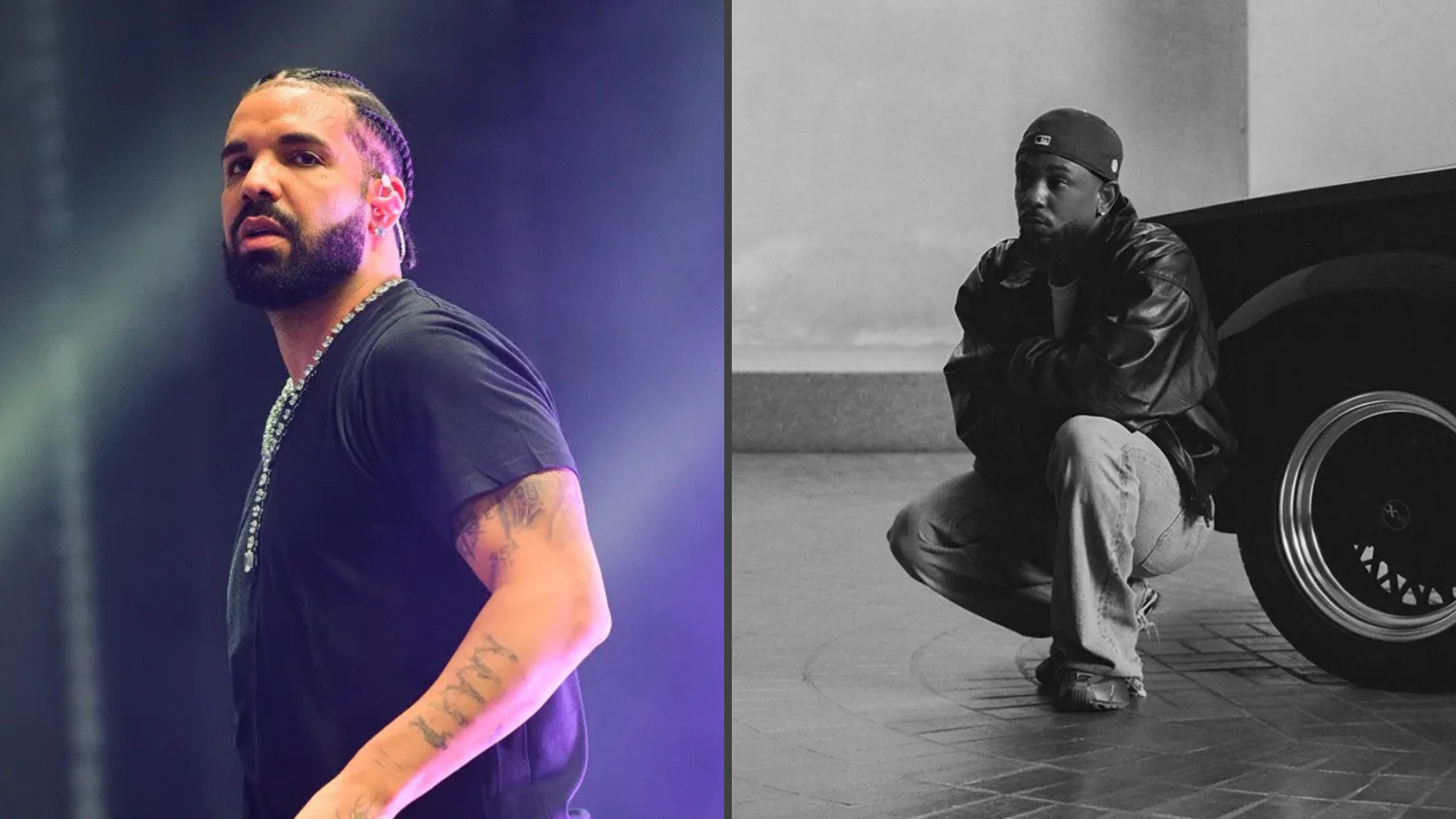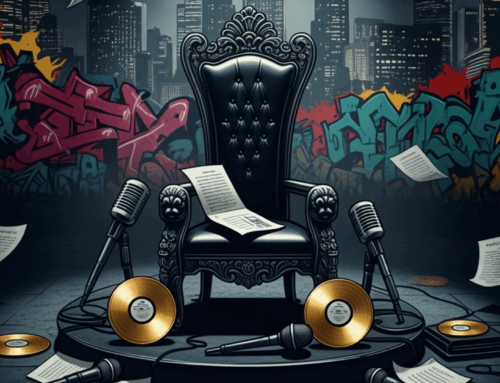Drake’s legal battle against Universal Music Group (UMG), Spotify, and iHeartMedia has ignited controversy within the music industry. The lawsuit, filed by Drake’s company, Frozen Moments LLC, alleges a conspiracy to sabotage Drake’s career by artificially boosting Kendrick Lamar’s song “Not Like Us.” This bold accusation has raised serious questions about the integrity of the music industry and the potential manipulation of charts and streaming platforms.
The Core Allegations
At the heart of Drake’s lawsuit are several serious allegations:
Payola: Drake claims that UMG paid iHeartMedia to give “Not Like Us” preferential treatment, ensuring it received more airplay. Payola, the practice of paying radio stations to play specific songs, has been controversial in the music industry for decades.
Bot Farms: The lawsuit alleges that UMG employed bot farms to artificially inflate the stream count of “Not Like Us” on Spotify. If proven, this tactic would constitute a serious breach of industry standards and could potentially manipulate the charts.
Spotify Manipulation: Drake accuses UMG and Spotify of colluding to manipulate Spotify’s algorithms to favor “Not Like Us” in search results and recommendations. This could have given the song an unfair advantage and hindered Drake’s music.
Defamation: Perhaps the most shocking allegation is that UMG defamed Drake by labeling him a “certified pedophile” in a song. This accusation, if true, could have severe legal and reputational consequences.
Industry Reactions and Implications
The music industry has been abuzz with reactions to Drake’s lawsuit. While some artists and industry insiders have expressed support for Drake, others have been critical, questioning the validity of his claims.
If proven true, Drake’s allegations could have far-reaching implications for the music industry. They could increase scrutiny of streaming platforms, record labels, and radio stations and prompt a reevaluation of industry practices and ethical standards.
However, it’s important to note that UMG, Spotify, and iHeartMedia have vehemently denied all allegations. They argue that Drake’s claims are unfounded and without merit. The outcome of the lawsuit will likely shape the future of the music industry and set a precedent for future legal battles.
The Broader Context
Drake’s lawsuit is not an isolated incident. In recent years, there has been growing concern about the music industry’s transparency and fairness. The rise of streaming platforms has led to new challenges, including the potential for manipulation and algorithmic bias.
Furthermore, the increasing consolidation of the music industry has raised concerns about monopolistic practices and reduced competition. A handful of major labels now control a significant portion of the music market, which can limit opportunities for independent artists and stifle innovation.
The Future of the Music Industry
As the music industry continues to evolve, it’s crucial to address the underlying issues that led to Drake’s lawsuit. This includes promoting transparency, fairness, and ethical practices. Additionally, supporting independent artists and encouraging diversity in the music industry is essential.
Ultimately, the future of the music industry depends on its ability to adapt to changing times and prioritize the interests of artists and consumers. The industry can ensure its long-term sustainability and continued growth by fostering a more equitable and transparent ecosystem.
Drake’s lawsuit may be a watershed moment for the music industry. It has sparked a much-needed conversation about the industry’s challenges and opportunities and has the potential to drive positive change.




